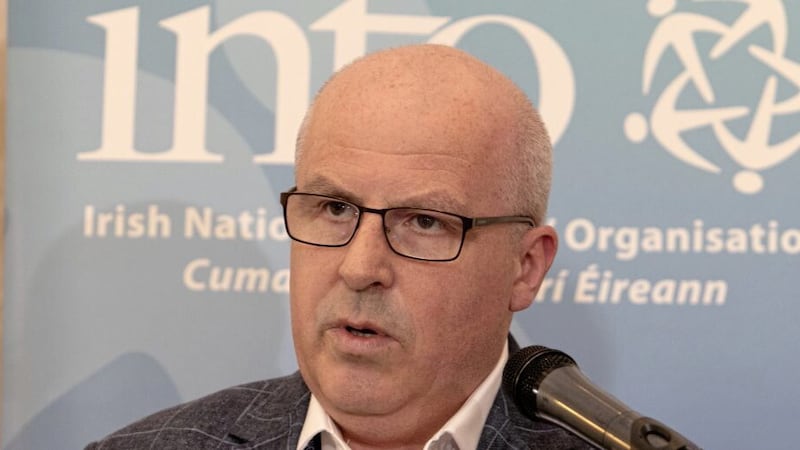FUNDING to support children who have fled war-torn countries and arrived in Northern Ireland is not being made available to schools "fast enough", a teaching conference has heard.
The Irish National Teachers Organisation (INTO) says schools are under "immense pressure" as they try to tackle the funding provision for refugee children.
Speaking at the union's annual conference in Limavady on Friday, Paddy McAllister of the INTO benefit fund committee, told delegates that the Department of Education needs to "step up in a timelier manner" and provide financial support quicker.
Since February last year, 269 children from Ukraine have enrolled in schools in the north.
"While schools have bent over backwards to accommodate and settle in families from Ukraine, Afghanistan, Somalia, and many other countries, it is very unfortunate that the same can’t be said of the Department of Education," Mr McAllister said.
"For years, schools have complained that school budgets run from April to April based on the school census figures the previous October.
"If a pupil moves to a new school, the funding for the child does not follow the child to the new school for up to a year and a half - it instead stays at the school the child is moving from.
"This is very frustrating.
"This is not the case when children arrive seeking sanctuary in the country, after the start of the year, or the census date in October. A child arriving in the country, five months ago, in November 2022, will not get funded until April 2024.
"So, schools are trying to educate pupils, who are very vulnerable, with no funding. This is totally unfair and needs to change."
He added: "It is quite clear the Department of Education needs to step up in a more timely manner and support the work of the schools, and the Intercultural Education Service, by providing financial support as the children arrive in schools.
"The quicker the financial support is provided the greater the chance that schools can put in the support needed to help pupils settle into school along with support mechanisms which take account of background experiences and trauma."








